City and Sustainability
City and Sustainability
Course description
Cities are the places where, on a planetary scale, the environmental issue and climate crisis are most clearly intertwined with growing economic, social and cultural inequalities among individuals, social groups and populations. For this reason, the MOOC proposes an introductory path to urban sustainability issues based on a plural look and transdisciplinary convergence of perspectives and looks. This plurality of viewpoints makes it possible to grasp the complexity of the notion of sustainability in relation to the urban field.
Therefore, the MOOC “City and Sustainability” aims to show the relationships between the different but interrelated dimensions of urban sustainability, from a perspective that is able to grasp its material and immaterial, technological, economic, social and cultural aspects, showing that the sustainability of a city is not only irreducible to one dimension, but also unattainable by dimensions that do not closely dialogue with each other.
Total workload of the course: 5 h
This MOOC is provided by Politecnico di Milano.
For a wider diffusion of the course, learning materials including texts, infographics, diagrams and videos were translated from Italian to English through Artificial Intelligence software. Therefore they may contain inaccuracies.
This MOOC is part of Libreria Zero, the digital library of modular educational resources developed by Politecnico di Milano to support students on a path to awareness and competence on sustainability and sustainable development issues.
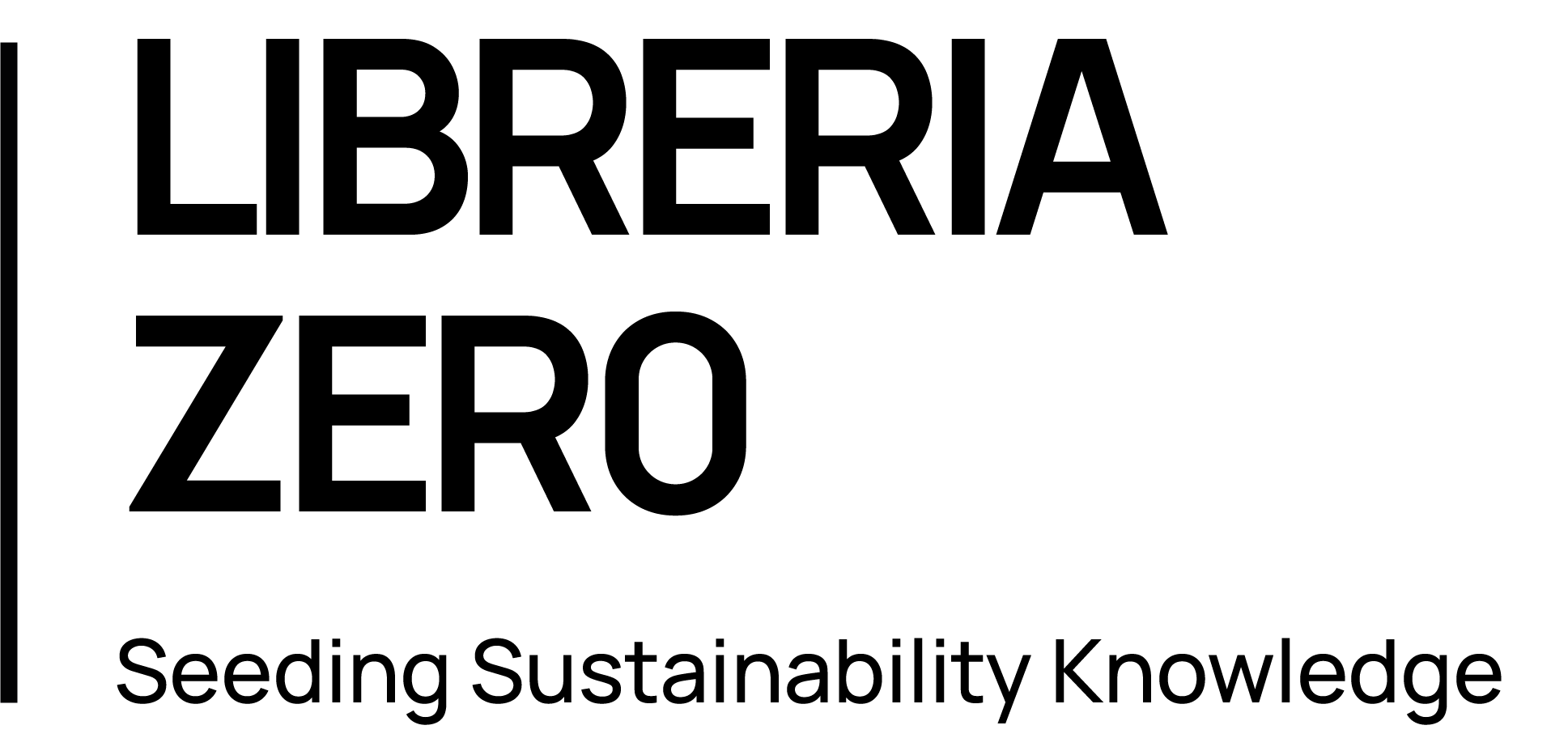

Intended Learning Outcomes
By actively participating in this MOOC, you will achieve different intended learning outcomes (ILOs):
- understand and describe the different dimensions of urban sustainability and their mutual interrelationships
ESCO: urban sustainability ESCO: systems thinking ESCO: implement environmental action plans - identify and understand the connections between environmental and social-economic dimensions of sustainability in world cities
ESCO: urban planning - critically evaluate the relevance and effectiveness of design, technological and participatory dimensions in building sustainable cities, making judgments based on sustainability criteria
ESCO: think critically ESCO: sustainable building design - define and explain the main concepts of urban sustainability such as: urban ecosystem services, urban biodiversity, land use, sustainable mobility, circular economy, urban resilience and climate change
ESCO: environmental engineering ESCO: ensure compliance with environmental legislation - evaluate innovative projects and policies for urban resilience to climate change, judging their effectiveness, replicability and potential for inspiration for other contexts
ESCO: innovation processes ESCO: climate change impact - demonstrate how the architectural and urban design dimensions are central to the sustainable regeneration of cities
ESCO: architecture and construction ESCO: plan ESCO: civil engineering - analyze and identify the main critical nodes for a sustainable development strategy for the world's cities
ESCO: think critically ESCO: solving problems
Prerequisites
The MOOC is primarily aimed at first-year students of the bachelor's degree programs offered by Politecnico di Milano and at young people who are completing their upper secondary education. For these reasons, no specific prerequisites relating to knowledge in the field of architecture and urban planning are required.
Activities
Over and above consulting the content, in the form of videos and other web-based resources, you will have the opportunity to discuss course topics and to share ideas with your peers in the Forum of this MOOC.
Section outline
-
-
The MOOC is organized around 10 short videos, which will present different aspects of the relationship between the city and sustainability and also introduce food for thought on possible design strategies to address the challenges of urban sustainability.
-
-
Video transcripts Folder
-
Assessment
Your final grade for the course will be based on the results of your answers to the assessed quizzes. You have an unlimited number of attempts at each quiz, but you must wait 15 minutes before you can try again. You will have successfully completed the course if you score 60% (or higher) in each one of the assessed quizzes. The maximum score possible for each quiz is given at the beginning of the quiz. You can view your score in the quiz on your last attempt or on the 'Grades' page.
Certificate
You can achieve a certificate in the form of an Open Badge for this course, if you reach at least 60% of the total score in each one of the assessed quizzes and fill in the final survey.
Once you have completed the required tasks, you will be able to access ‘Get the Open Badge’ and start issuing the badge. Instructions on how to access the badge will be sent to your e-mail address.
The Badge does not confer any academic credit, grade or degree.
Information about fees and access to materials
You can access the course completely online and absolutely free of charge.
Course faculty
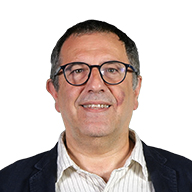
Gabriele Pasqui
Teacher
Full Professor of Urban Policies and Planning. Former Director of the Department of Architecture and Urban Studies (DAStU), Politecnico di Milano (2013-2019). Member of the Board of Urban@it, National Centre for the Study of Urban Policies. Key scientific interests: interpretations of contemporary cities dynamics, urban populations and policies, urban governance, urban regeneration tools.
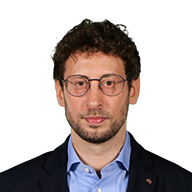
Giovanni Castaldo
Teacher
Giovanni Castaldo is an architect and Senior Researcher (RTDb) in Technological and Environmental Design of Architecture at the Department of Architecture, Built Environment and Construction Engineering (DABC) of Politecnico di Milano, where he teaches in both undergraduate and graduate programs at the AUIC School. Since 2013, he has been a member of the ENVI-Reg “Environmental Regeneration” research group within the ABC Department. His research interests focus on climate change adaptation strategies, technical solutions for improving the microclimate of urban open spaces, predictive simulations, and environmental monitoring protocols and tools.
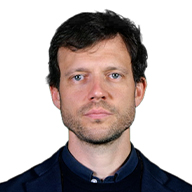
Andrea Bortolotti
Teacher
Andrea Bortolotti is an architect and researcher (RTDa) at the Department of Architecture and Urban Studies, Politecnico di Milano, where he teaches urban design. His research interests focus on urban metabolism, the circular economy and their relationship with urban planning and design, topics he investigates through critical and design approaches.
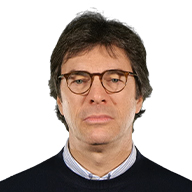
Andrea Arcidiacono
Teacher
Full Professor in Urban Planning, at the Politecnico of Milano. Coordinator of the Bachelor of Science programme in ‘Urban Planning’, AUIC School. Member of the Board of the PhD Programme in Urban Planning, Design and Policy UPDP. Director of the LabPPTE (Landscape Plans Territories Ecosystems Lab). Member of the national Board of the Italian National Institute of Urban Planning (INU). His research interests include urban planning and design, Landscape and environmental planning, Green Infrastructure design, Ecosystem Services analysis and Nature-based solutions for spatial planning, policies, and planning strategies for land take limitation.
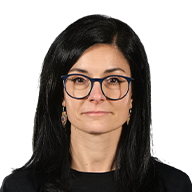
Silvia Ronchi
Teacher
Silvia Ronchi is a senior researcher in Urban Planning at the Department of Architecture and Urban Studies (DAStU) of the Politecnico di Milano. She collaborates on and leads several national and international research projects as scientific coordinator. In 2017, she earned a PhD in Urban Planning, Design and Policy (Politecnico di Milano) with a dissertation on the integration of ecosystem services into spatial planning. From 2015 to 2018, she collaborated with the Joint Research Centre of the European Commission. In January 2016, she was a visiting research at the University of Salzburg (Austria). She is a member of the scientific editorial board of the journal Territorio (FrancoAngeli).
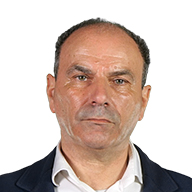
Massimo Tadi
Teacher
Massimo Tadi is Associate Professor at Politecnico di Milano, ABC Department where he teaches Sustainable Multidisciplinary Design Process and Integrated Modification Methodology in the MSc programme in Building and Architectural Engineering, and Architecture for Smart City, in the MSc programme in Sustainable Architecture & Landscape Design. He leads IMMdesignLab, a multidisciplinary research centre for data-driven sustainable design and is author of numerous publications and coordinator of international research programmes.

Paola Pucci
Teacher
Paola Pucci is a Full Professor in Urban Planning at Politecnico di Milano. Her research focuses on urban mobility and accessibility, transport justice, and transport policy. Among the latest research: Prin/RECAP_ Reducing Car dependancy through tailored policies; EX-TRA – EXperimenting with city streets; PNRR-Spoke 9 - Urban mobility; COMMON_ACCESS, Sare4Equity - DUT Joint Call.
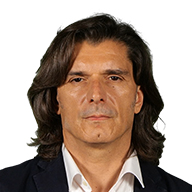
Domenico Chizzoniti
Teacher
Domenico Chizzoniti is Full Professor in Architectural Design at Politecnico di Milano, ABC Department, He is a coordinator of several national and international research programs focused on the process of city reconstruction ((i.e. urban and rural built environments after destruction by “natural” disasters, warfare, conflict), including immediate response, transitional settlement, and long-term reconstruction, incorporating sustainable development principles and community participation . As a visiting professor, he was invited to several international Universities. He leads AIALab (Aesthetical Impact Assessment LAB IA based).
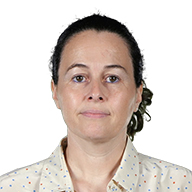
Maria Chiara Pastore
Teacher
Maria Chiara Pastore is a Associate Professor in Urban Planning at Politecnico di Milano. Pastore’s research interests are mainly focused adaptive planning in relation to Urban Forestry, urban biodiversity. She is scientific director of The Project Forestami and coordinator of spoke 5 (urban Biodiversity) of the Italian Project National Biodiversity Future Center (NBFC) a national project funded by the Italian Ministry of Research under the PNRR.
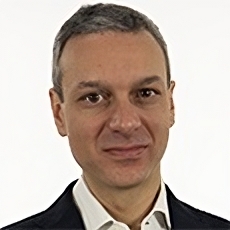
Eugenio Morello
Teacher
Eugenio Morello is an architect and associate professor in urban planning at Politecnico di Milano, where he coordinates the “Fausto Curti Urban Simulation Laboratory” and the “Climate Change, Risk and Resilience Laboratory.” Since 2025 he is the Chair of the Ph.D. programme in “Urban Planning, Design and Policy” at the Politecnico di Milano. His research focuses on the relationship between urban design, environmental quality, resilience, and climate action, with particular attention to adaptation, energy transition, and local circularity. He leads several European and national research projects.
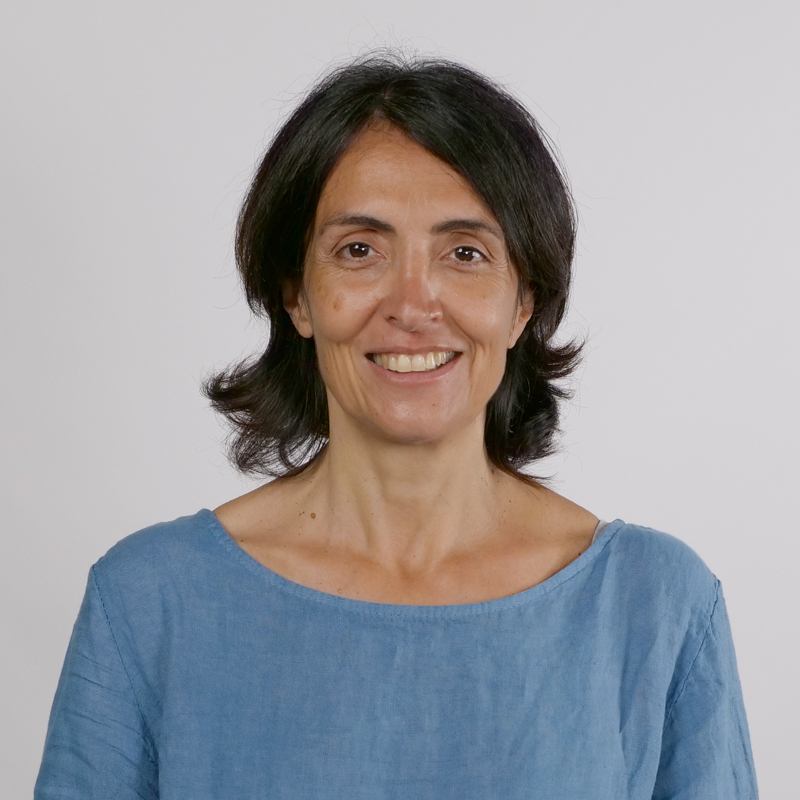
Grazia Concilio
Teacher
Grazia Concilio is a Civil Engineer and PhD in “Economic evaluation for Sustainability” from the University of Naples, Italy. She is currently Associate Professor in Urban Planning and Design at Politecnico di Milano with research activities at the RWTH (Aachen, Germany), IIASA (Laxenburg, Austria) and Concordia University (Montreal, Canada). She is the author of several national and international publications and is (and has been responsible) for several International Research projects (7th FP, Horizon2020).
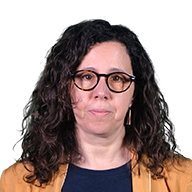
Anna Moro
Docente
Architect and PhD in Urban and Environmental Planning, Anna Moro is a researcher at DAStU-Politecnico di Milano, where she teaches Urban Design. She has worked on planning and design, both professionally and within academia, across multiple scales — from general strategies and visions to urban guidelines, master plans, and public space design. Her recent research focuses on exploring interdisciplinary approaches at the intersection of architecture, artistic practices, direct urban experience, and civic engagement in urban transformation processes through the coordination of several projects (e.g. ORBIS HE).
Contact details
If you have any enquiries about the course or if you need technical assistance please contact pok@polimi.it. For further information, see FAQ page.